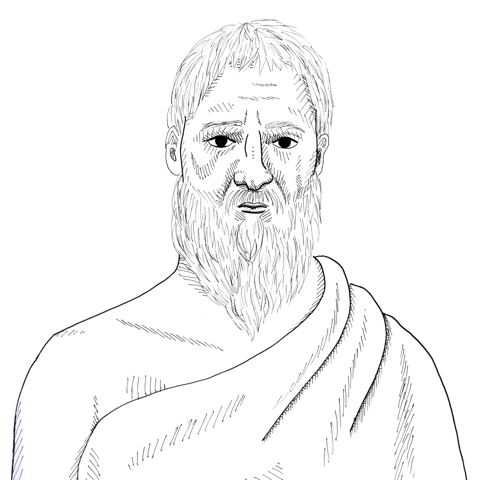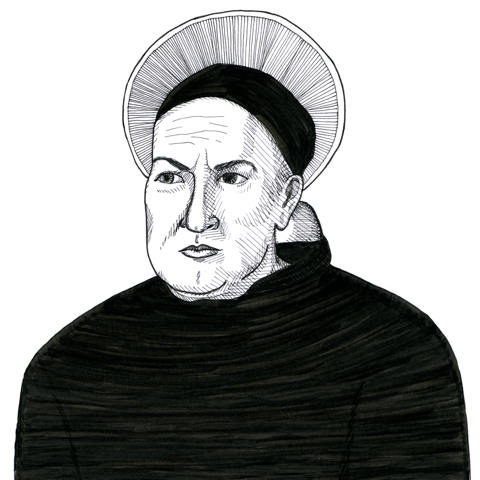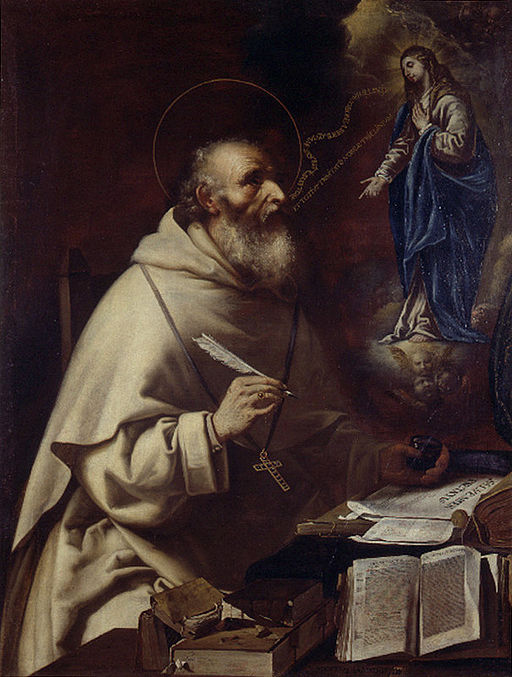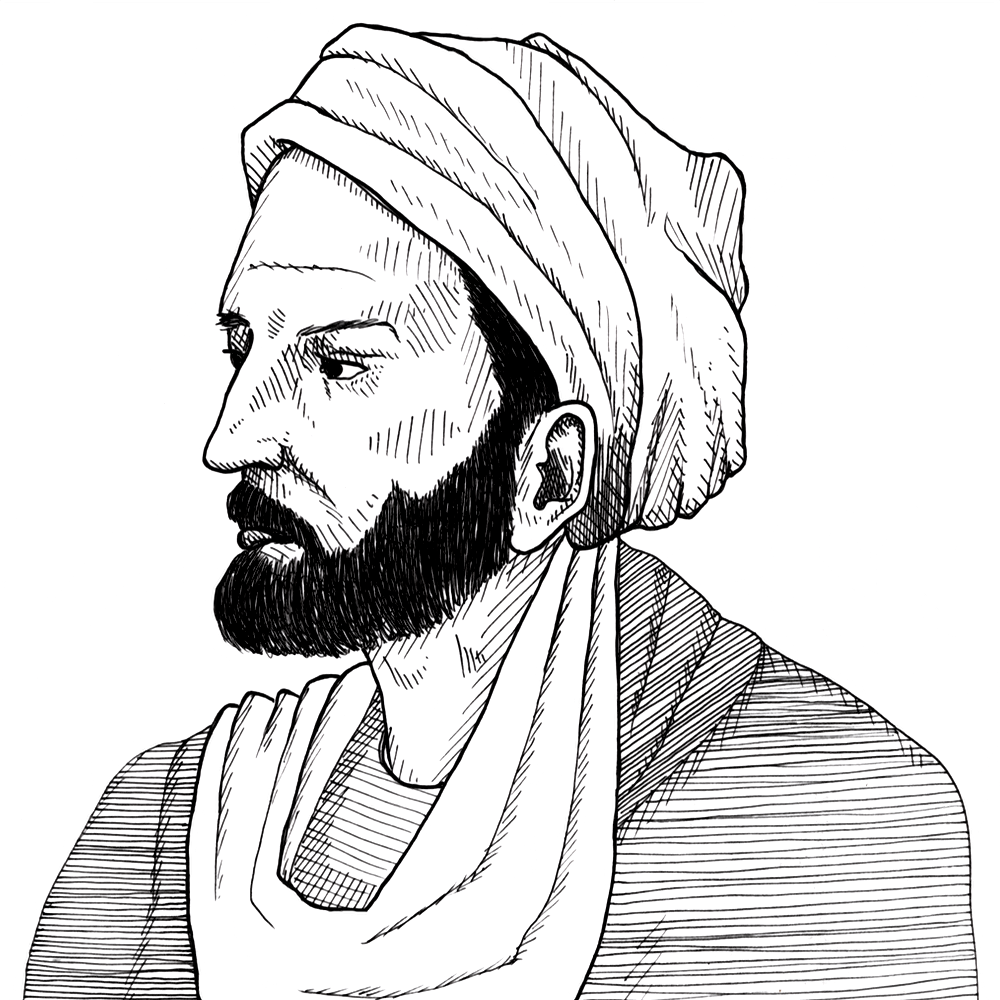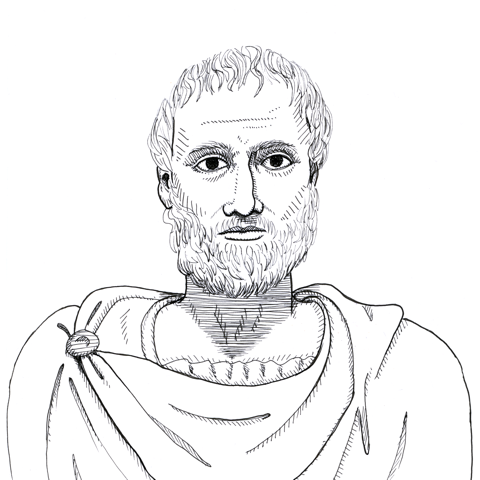
Constitution of Athens
- Aristotle (author)
- Thomas J. Dymes (translator)
Probably written by a pupil of Aristotle, it is the first history of Athens as a model democracy, how it came into existence, and how it operated in practice.
Related People
Critical Responses
Video
DEMOCRACY: Ancient & ModernRyan Chapman
In this video Ryan gives an in-depth explanation of democracy in ancient Athens and the United States of America. He is using the greatest sources and explores the differences, origins of these democracies, and how they are or not democratic, giving a conclusion at the end.
Article
Critics and Critiques of Athenian DemocracyPaul Cartledge
The article discusses the foundation of democratic society by the Greek empire and the development of Athenian democracy. It also talks about the invention of political theory by the Greeks and how they applied critical theory to politics.
Connected Readings
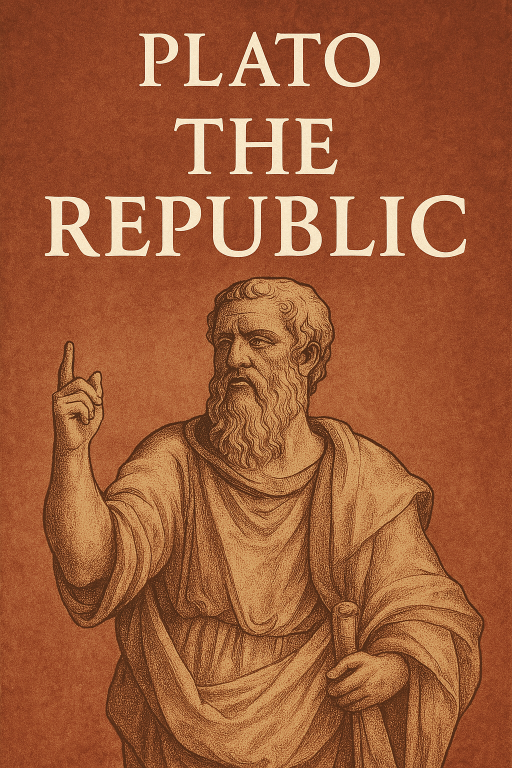
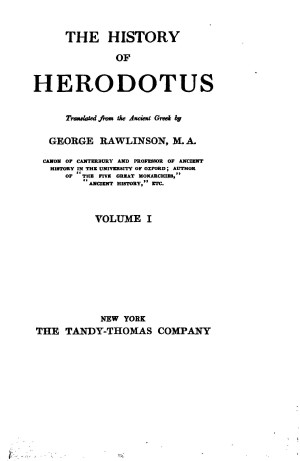
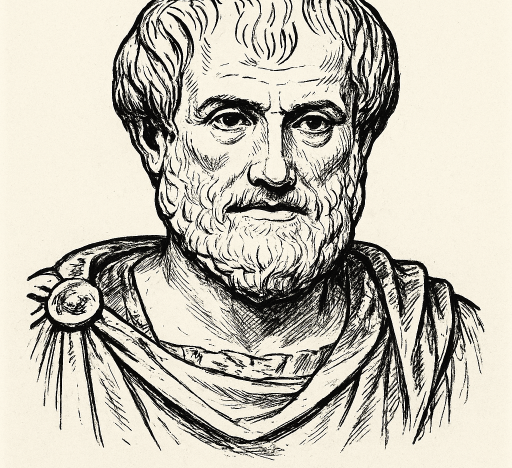
Liberty Matters
Why Read the Ancients Today?Roosevelt Montás, Anika Prather, Aeon J. Skoble, and Jennifer A. Frey
